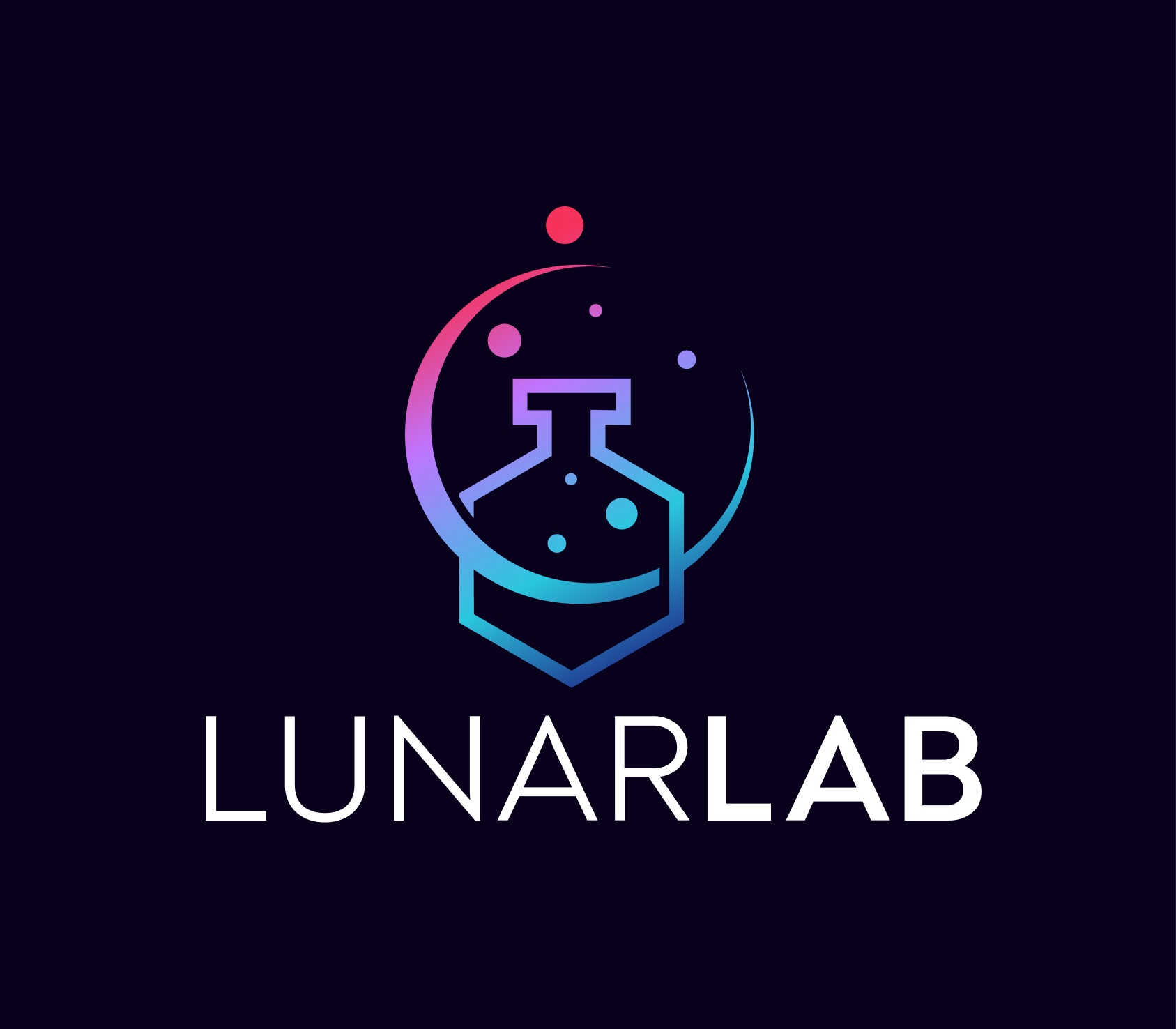

LunarLab Benefit LLC

Alabama, United States
November 2023
Other professional, scientific & tech
Service with Minor Environmental Footprint
United States
LunarLab is a UX and product strategy consulting firm headquartered in Birmingham, Alabama. They offer services including UX/UI design, product strategy, user research, and project management for software products across all industries. LunarLab’s human-centered approach creates highly successful products designed to delight and excite users. The company acts as a dedicated design and strategy team, collaborating with businesses to bring product ideas to life. They partner with companies every step of the way, from exploring the idea to sharing early results to scaling products. With over 25 years of combined experience in the tech industry, co-founders Elizabeth Anderson and Kelli Lucas have designed and built scalable software products for clients in such diverse industries as healthcare, financial services, sports, fitness, equipment rental, construction, retail sales, social media and more. The company was founded with the goal of establishing a more diverse, equitable, and inclusive space in the tech industry. As a women-founded and women-led tech business, LunarLab recognizes the ways that the tech industry has historically failed to be inclusive of diverse populations. This has limited opportunity within the industry as a whole, but has also led to products and solutions
Overall B Impact Score
Governance 18.2
Governance evaluates a company's overall mission, engagement around its social/environmental impact, ethics, and transparency. This section also evaluates the ability of a company to protect their mission and formally consider stakeholders in decision making through their corporate structure (e.g. benefit corporation) or corporate governing documents.
What is this? A company with an Impact Business Model is intentionally designed to create a specific positive outcome for one of its stakeholders - such as workers, community, environment, or customers.
Community 76.0
Community evaluates a company’s engagement with and impact on the communities in which it operates, hires from, and sources from. Topics include diversity, equity & inclusion, economic impact, civic engagement, charitable giving, and supply chain management. In addition, this section recognizes business models that are designed to address specific community-oriented problems, such as poverty alleviation through fair trade sourcing or distribution via microenterprises, producer cooperative models, locally focused economic development, and formal charitable giving commitments.
What is this? A company with an Impact Business Model is intentionally designed to create a specific positive outcome for one of its stakeholders - such as workers, community, environment, or customers.
Environment 8.3
Environment evaluates a company’s overall environmental management practices as well as its impact on the air, climate, water, land, and biodiversity. This includes the direct impact of a company’s operations and, when applicable its supply chain and distribution channels. This section also recognizes companies with environmentally innovative production processes and those that sell products or services that have a positive environmental impact. Some examples might include products and services that create renewable energy, reduce consumption or waste, conserve land or wildlife, provide less toxic alternatives to the market, or educate people about environmental problems.
Customers 4.6
Customers evaluates a company’s stewardship of its customers through the quality of its products and services, ethical marketing, data privacy and security, and feedback channels. In addition, this section recognizes products or services that are designed to address a particular social problem for or through its customers, such as health or educational products, arts & media products, serving underserved customers/clients, and services that improve the social impact of other businesses or organizations.